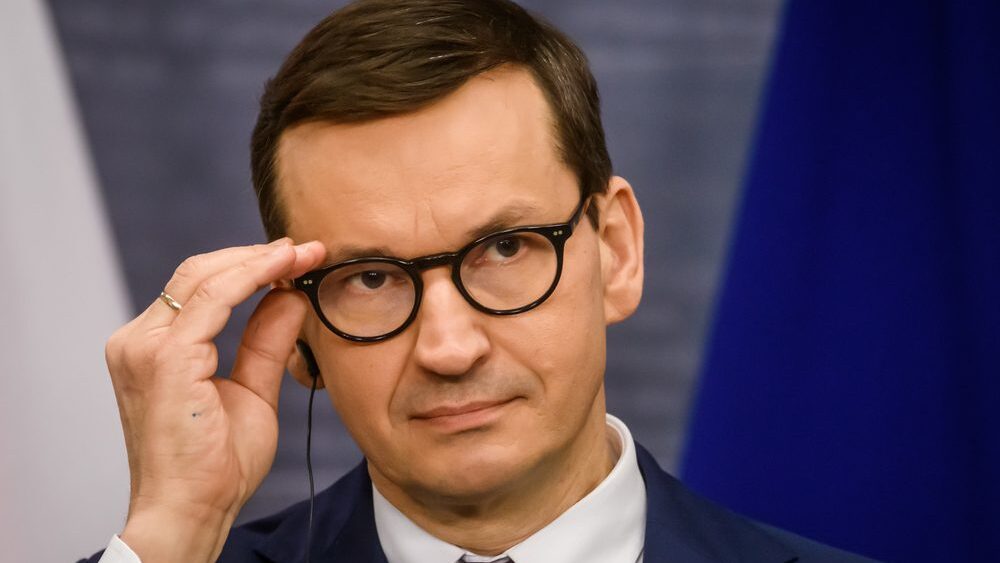No products in the cart.

Polish Prime Minister Mateusz Morawiecki
Photo: Gints Ivuskans / Shutterstock.com
Polish President Andrzej Duda on Monday, November 27th swore in members of a new government that will likely only last until December. Prime Minister Mateusz Morawiecki and his ministers took their oaths before the president in Warsaw, but have little chance of surviving a vote of confidence in the parliament.
The national-conservative Law and Justice (PiS) party—in power since 2015—gained the most seats following parliamentary elections in October, but failed to gain a majority, with three political alliances vowing to form a coalition instead. Despite the results, Andrzej Duda tasked Morawiecki with forming a government. The prime minister was hopeful of attracting opposition parties, or members of these parties to join him in a coalition, and he will have two weeks to convince them, but every other force that has entered parliament has already rejected Morawiecki’s approach.
It is widely expected that three political alliances—comprising more than a dozen parties from the left to the centre-right—will form a coalition, as they have a 248-seat majority in the 460-seat parliament. The prime minister will probably be Donald Tusk, whose centre-right-liberal Civic Platform led the country between 2007-2015.
Andrzej Duda justified his decision to give Morawiecki the first chance by saying that “all presidents, my predecessors, have always entrusted the mission of forming a government to the winning party.” He said of the opposition alliance: “I wanted to see a common and unified program. Hear as many specifics as possible. This was missing.”
As we previously reported, Tusk—who has vowed to be more closely aligned to EU policies after a shaky relationship between Warsaw and Brussels during the PiS-era—will have a hard time balancing the interests—and therefore maintaining the stability—of the ideologically disparate coalition. Tusk’s relationship with PiS-ally Duda is expected to be highly contentious in the months and years ahead. In September, Tusk’s party said it would put those accused by his alliance of impropriety during PiS’ rule, including Duda, before a state tribunal.
Tusk and his allies have accused the president of delaying tactics, allowing PiS to hang onto power a bit longer and make more appointments to state bodies.